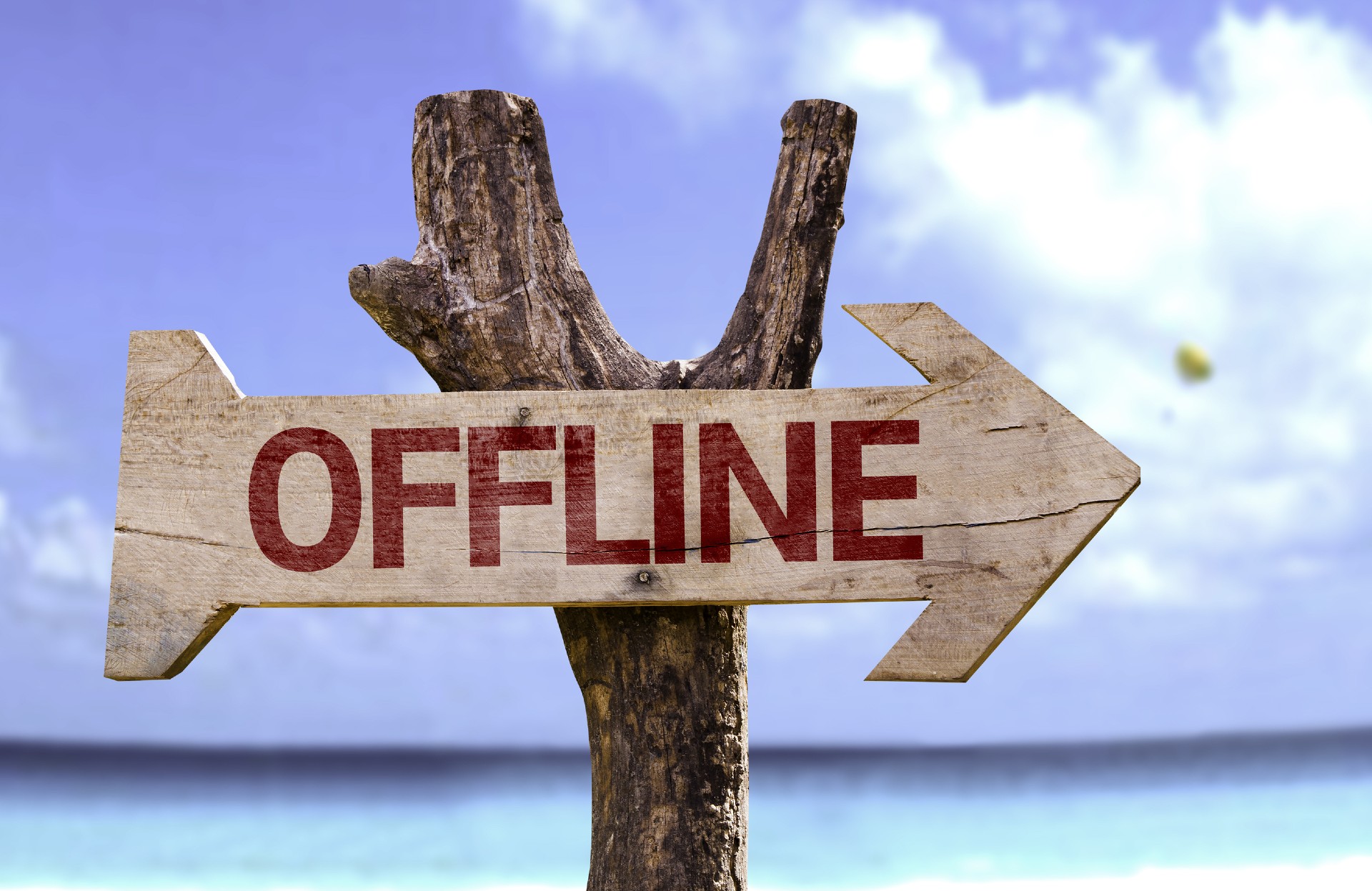- The pressure to maintain a perfect online image, the fear of missing out, and the constant exposure to distressing news can all contribute to feelings of inadequacy, anxiety, and isolation. By disconnecting from the digital world, individuals are reclaiming their mental health and putting their emotional well-being first.
In a world where smartphones have become like an extra limb, it's hard to picture a day without social media. From the morning scroll through Instagram to the late-night tweets, our online presence is deeply woven into our daily routines.
However, a growing trend has emerged where people are intentionally stepping away from their digital screens, embracing what is known as the "digital detox movement." But what is driving this shift, and what benefits are people reaping from this decision? With technology advancing rapidly, many individuals are starting to recognize the potential harm of constant connectivity on their mental and physical well-being.
While social media was initially intended to foster connections, it has casually led to heightened levels of stress, anxiety, and a sense of isolation. This realization has prompted many to seek a healthier balance between their online presence and real-life interactions.
One of the main drivers behind the digital detox movement is the acknowledgement of the toll that constant social media use can take on our mental well-being. Various studies have highlighted the harmful effects of spending too much time in front of screens on our emotional health.
The pressure to maintain a perfect online image, the fear of missing out, and the constant exposure to distressing news can all contribute to feelings of inadequacy, anxiety, and isolation. By disconnecting from the digital world, individuals are reclaiming their mental health and putting their emotional well-being first.
Read More
Another reason for disconnecting from social media is the longing to break free from the cycle of seeking validation through likes, comments, and shares. Many people are realizing that true satisfaction comes from real human connections and meaningful interactions, rather than the temporary approval offered by virtual platforms.
By stepping back from social media, individuals embrace authenticity and value real-life relationships over virtual connections driven by societal pressures.
Returning from technology can lead to more meaningful face-to-face interactions with loved ones, friends, and coworkers. Unplugging can foster genuine conversations and deeper relationships in a society where communication often happens through screens.
Embracing a digital detox usually involves immersing oneself in the beauty of nature. Whether it's a peaceful retreat in the mountains, a day at the beach, or a stroll in the park, spending time outdoors can reduce stress, boost mood, and promote overall well-being. Nature offers a sanctuary from the constant buzz of technology and allows us to slow down and appreciate the present moment.




-1772102940-md.jpg)


-1772090413-1772095461-md.jpg)


-1772102940-sm.jpg)

